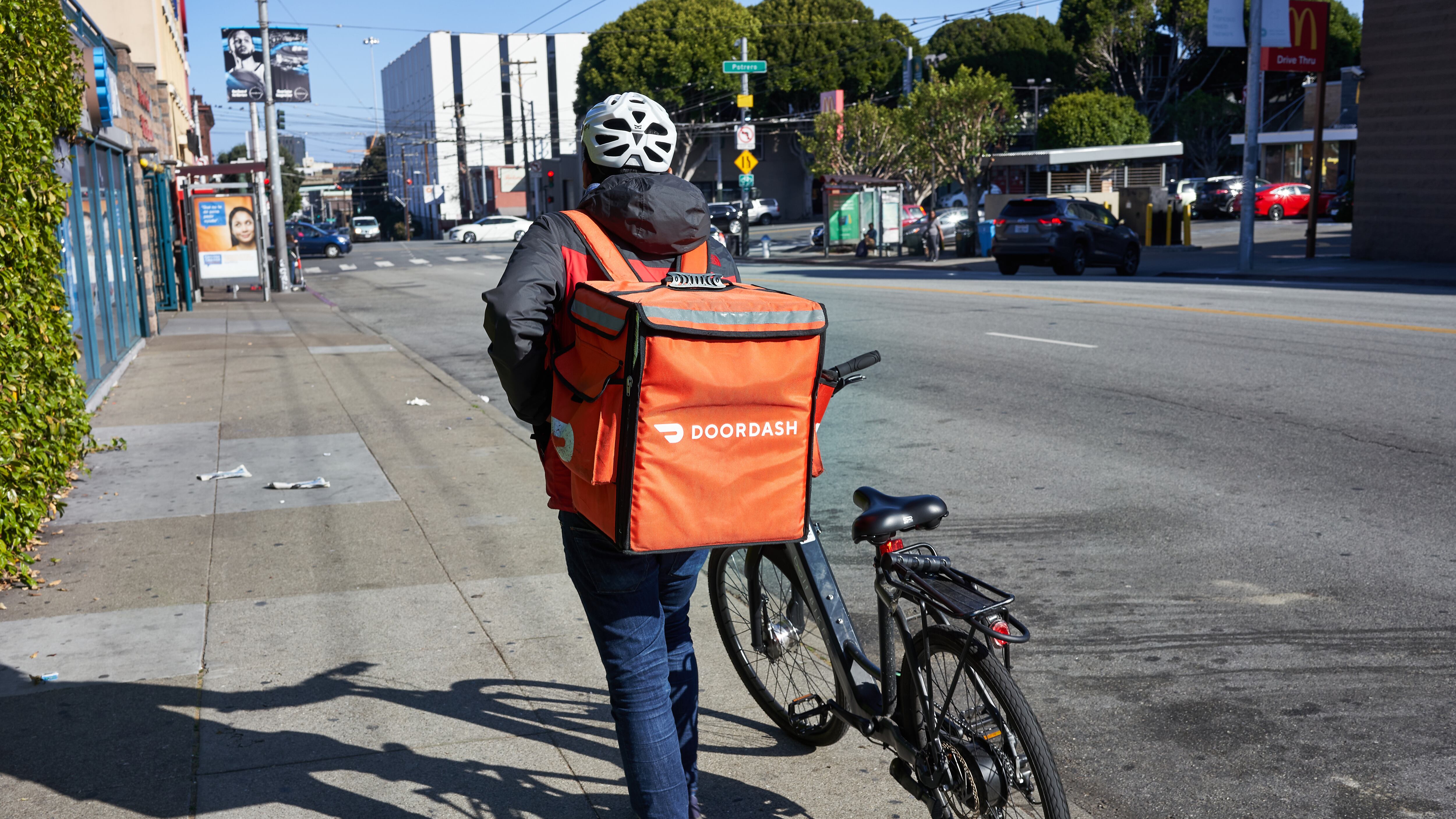BILL OF THE WEEK: House Bill 3308
During the pandemic, public pressure and some lawmakers pushed the Oregon Liquor and Cannabis Commission to legalize the home delivery of alcoholic beverages. President Joe Biden has told the nation that, notwithstanding the nearly 1,000 people still dying every week from COVID, the pandemic is over. But home delivery appears to be here to stay.
The OLCC reports that online shopping for alcohol nationally grew 80% in 2020 and could reach $40 billion annually by 2026. So, despite Oregon’s high levels of alcohol abuse, the prevalence of licensed retailers and drinking establishments, and the fact that drinkers survived without it for the first 90 years or so after Prohibition ended, booze on wheels is a thing. House Bill 3308 is an attempt to increase accountability for what the OLCC determined to be an underregulated service, with high rates of failure to check IDs.
CHIEF SPONSOR: Rep. Paul Holvey (D-Eugene)
WHAT IT WOULD DO: Require the OLCC to license delivery companies, and give the agency the authority to conduct minor decoy operations, fine companies for noncompliance, and establish rules for the details of alcohol delivery.
PROBLEM IT SEEKS TO SOLVE: When Oregon legalized home delivery of alcohol in 2020, it didn’t require licensure for delivery companies. Nor did it require training or much oversight. Last year, state officials did spot checks and determined that delivery drivers failed 37% of the time to sufficiently check ID at recipients’ doors. That jibed with similar findings in Washington and California. Agency officials told lawmakers that Oregon’s current system is far inferior to the compliance requirements in Alabama and Mississippi.
Initially, HB 3308 proposed that retailers, such as liquor stores, convenience stores and big grocery chains supplying alcoholic beverages, be licensed and subject to penalties along with the delivery companies. That caused major pushback, and the bill was amended earlier this month to put the onus entirely on the delivery companies to make sure drivers are licensed and insured and, most importantly, that they screen customers.
WHO SUPPORTS IT: The Northwest Grocery Association, Oregon distillers, brewers and wineries, delivery companies such as Instacart, and the Oregon Restaurant & Lodging Association
WHO OPPOSES IT: Oregon Recovers, the advocacy group seeking to reduce substance use disorder, originally supported the bill but reversed course when it was amended to remove retailers from sharing responsibility for the delivery companies. For Oregon Recovers, the amendment meant the bill no longer had enough teeth. “From our perspective that carve-out doesn’t incentivize retailers to do as much as they can for compliance,” says Oregon Recovers policy director Tony Morse. “If the retailers are liable, they are only going to hire the best of the best, and they are going to fire the drivers that are noncompliant.”
Although temperance advocates normally get short shrift in the Capitol, that may be changing. On May 22, a related Senate bill failed, much to the surprise of observers. SB 616 would have increased the amount of beer brewers were allowed to deliver to Oregonians’ homes from two to five cases per month. HB 3308 is currently in the Joint Committee on Ways and Means awaiting further action.

